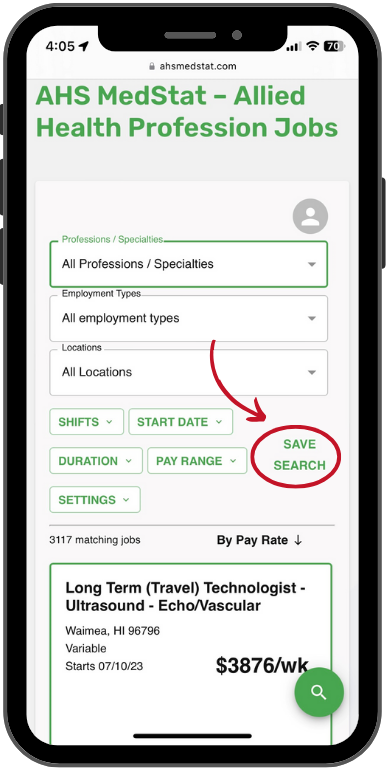Most nurses go to nursing school, learn what is needed to pass their boards, learn how to write a resume and are wished good luck upon graduation. After that most new grads move into a hospital setting and never evaluate opportunities outside of this setting. Therefore it is not too surprising that the vast majority of nurses are unaware of the difference between contract and Per Diem nursing jobs. Both have distinct advantages as well as disadvantages.
The Pros & Cons Of Per Diem & Contract Nursing
Per-Diem: How does picking your own schedule, never working a weekend, never working a holiday sound to you? If this sounds good, then per diem nursing may be for you. Additionally, with per-diem nursing there are no “minimum requirements” for the amount of shifts you need to work. One other advantage of this type of nursing can be the ability to bounce into more than one hospital system with minimal processing. This last advantage only applies if the company you are with has many local area clients that have a lot of nurse jobs available. This is something staff contingent nurses are simply not able to do.
The biggest disadvantage is that if the census drops or new staff is hired the per diem nurse is the first cancelled. Thus most nurses that work per diem are looking for side shifts or just some supplemental work. If you are Per Diem in a large hospital system (census fluctuations impact large hospitals less) many Per Diem nurses can get consistent full time work if they are flexible in their scheduling availability.
Contract: Contract nurses are designed for nurses who must work and maintain full time hours and/or benefits. Hospitals/facilities will guarantee hours given to contract nurses (some may have very strict cancellation limits). In exchange for the guaranteed hours, facilities may ask for weekend and/or holiday commitments. In almost all cases, staff nurses are cancelled before a contract nurse. Contracts guarantee full time hours and usually run 4, 8, 13 or in some cases 26 weeks in duration. Once a contract is completed the nurse is free to take time off (perhaps a month or two in Hawaii?). Can you imagine a staff nurse telling their supervisor: “I’m heading to Hawaii tomorrow and will be back in two months. Do me a favor and hold my position.”? I don’t need to tell you that the chances of this happening are slim to none..
In the contract nursing world this is their reality. Some nurses are scared about when the contract ends. Are they out of work? The short answer is: very rarely. With the nursing shortage already playing out, there are many nurses who have been running contracts for years in the same facility. The biggest disadvantage to contract nursing is there is an expectation the nurse will commit to the shifts in the same way the facility employees do. Call offs are frowned upon. It is considered proper etiquette for a nurse to offer to make up a shift if the nurse must take a sick day. The other disadvantage is there is almost always a two weekend a month commitments. Additionally, in some – but not all -cases there may be some holiday commitments.

